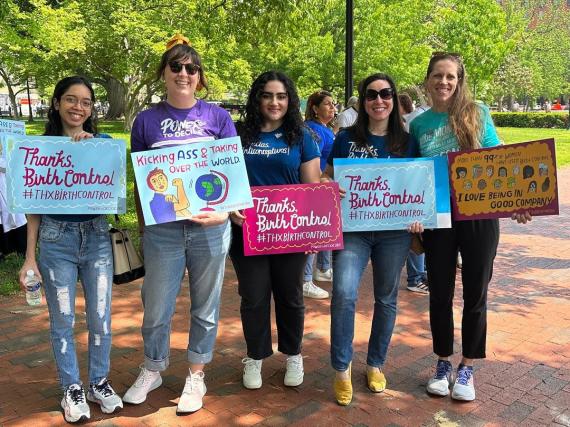Foster Care + Sex Ed: Why it Matters
Everyone deserves quality sex education. Receiving incomplete or inaccurate sex education, is like moving to a new city without a GPS, you’re excited to explore, but frustrated to say the least, you’re more likely to end up going in circles and repeating the same mistakes.
Most teens struggle to get accurate and appropriate sex education. These barriers are even more difficult to overcome when teens face a lack of social supports and frequent instability at home. Youth in foster care experience a myriad of systematic barriers to the educational and social opportunities that allow their peers to access appropriate and accurate information regarding sex, love, and relationships.
Navigating these topics as a young adult who received inaccurate or incomplete sex education in middle or high school is a minefield. Avoiding unhealthy relationships, pregnancy, and sexually transmitted infections is extremely challenging when you don’t know how to appropriately protect yourself. Even navigating a healthy relationship is hard. Knowing how to handle conflict and communicate effectively are skills that, regardless of what kind of household you grew up in, many of us work constantly to improve.
That’s why we believe talking is power. Sex education comes in many forms and from many sources. Talking about the barriers that youth in state care face elevates their voice and highlights the adults in their lives that have the opportunity to act as their champions. We believe in sex ed for all because everyone needs and deserves quality sexual health information and access. Sex Ed For All makes up part of our collective effort to help young people in marginalized populations—including communities of color, LGBTQ young people, immigrants, those with lower incomes, those living in rural areas, and, of course, those in foster care—gain access to the information and care they need to ensure their lifelong sexual and reproductive health.
At Power to Decide, we work with current and former college students in foster care specifically through the New York Foundling Dorm Project in New York City and the Guardian Scholars and CAYFES/NextUp programs in Los Angeles. You can read more about the work we are supporting in Los Angeles here. We support these programs and promote dialogue on these topics by providing college campuses with clinical resources and directly engaging with students through our Bedsider U program as well as through in-person training.
We hope to expand our work with these young people and continue to contribute to a landscape where sex ed is available to everyone and equips teens navigate and maintain healthy relationships throughout their lives.



